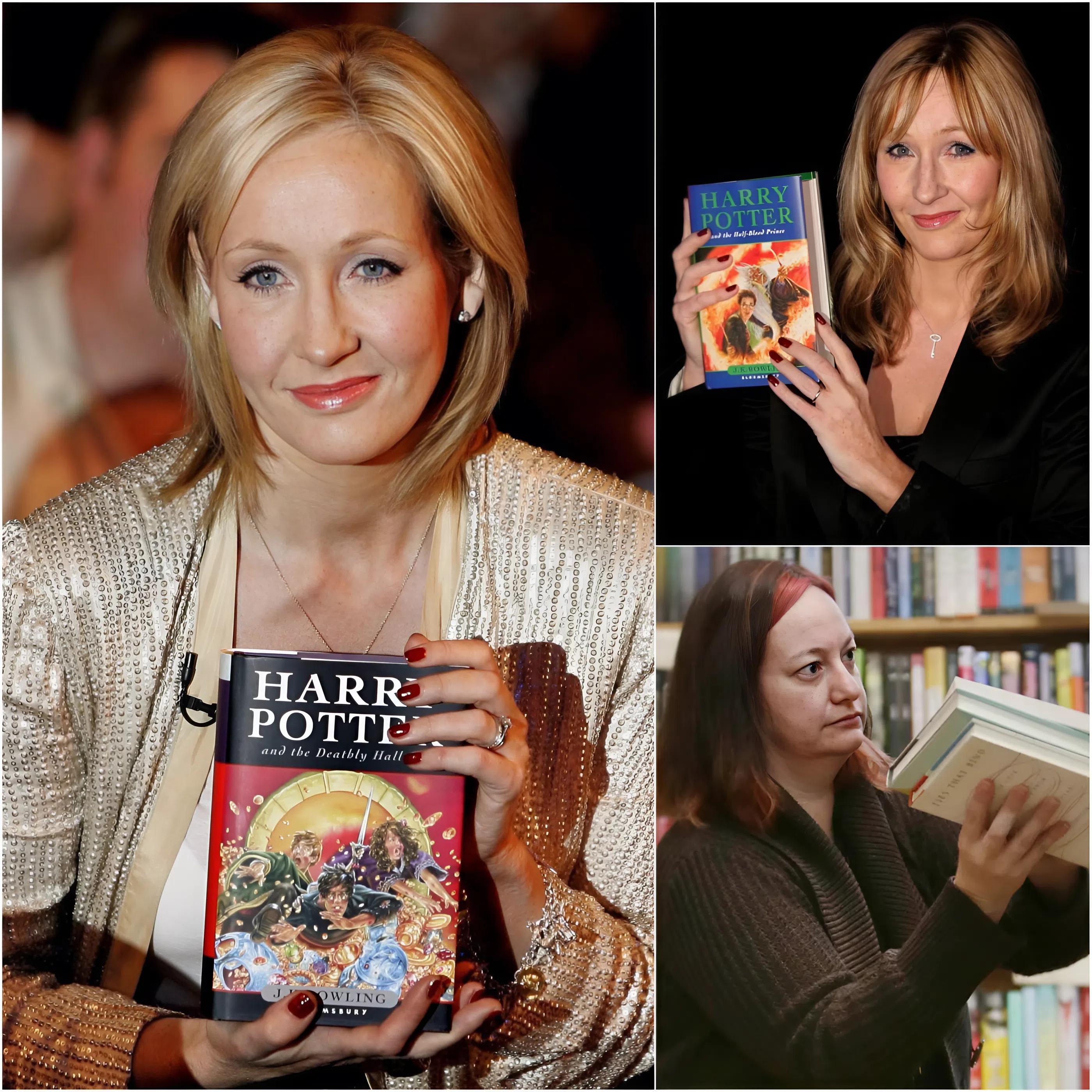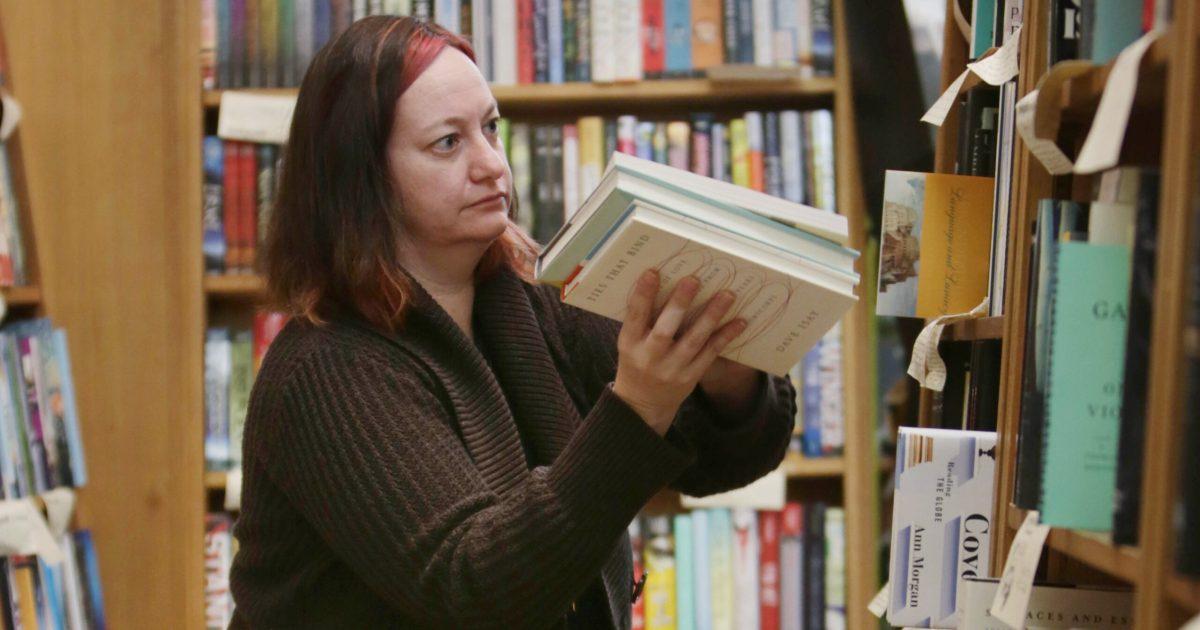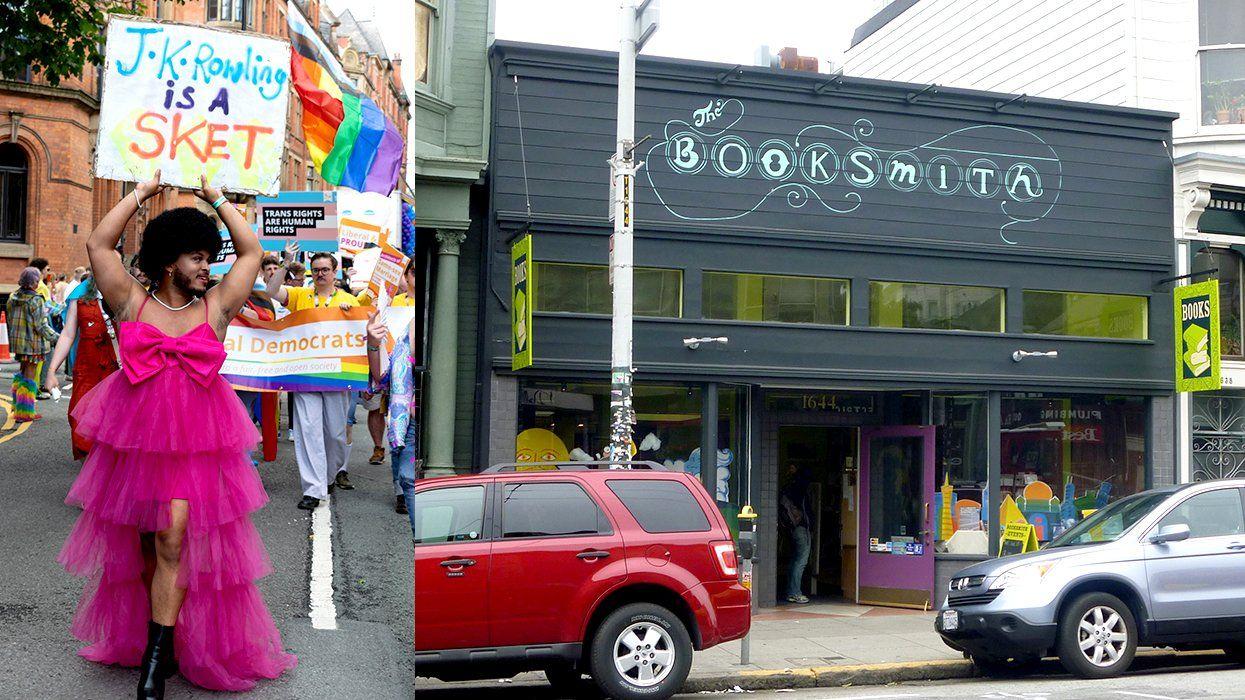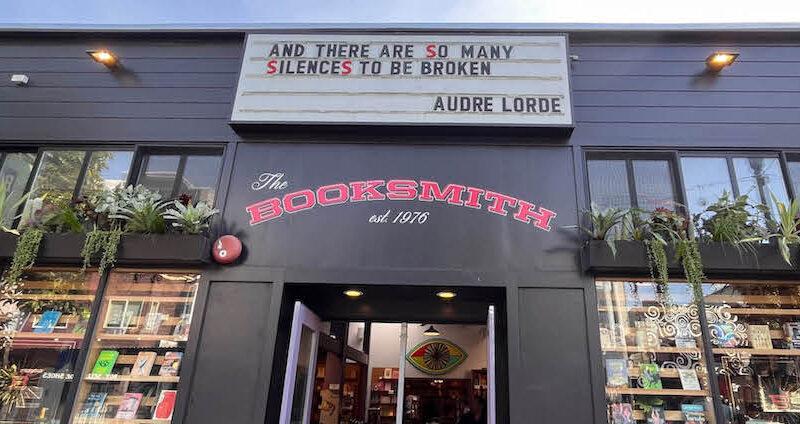In a move that has sparked intense debate across literary and cultural circles, Booksmith, a well-known independent bookstore in San Francisco, California, announced on June 25, 2025, that it will no longer stock J.K. Rowling’s books, including the beloved Harry Potter series. The decision, reported by outlets like NBC News and discussed widely on X, stems from the bookstore’s disagreement with Rowling’s public statements on transgender issues, particularly her pledge to fund the J.K. Rowling Women’s Fund, which supports causes some view as anti-trans. The bookstore stated that continuing to sell her works would conflict with their commitment to fostering an inclusive environment, igniting a firestorm of reactions from supporters and critics alike.

Rowling, whose Harry Potter books have sold over 500 million copies worldwide and inspired a global franchise, has been a polarizing figure since 2020, when she began expressing views on sex and gender that critics label as transphobic. Her advocacy for single-sex spaces and her critique of certain aspects of transgender activism have drawn both condemnation and support. Booksmith’s decision to remove her entire catalog, including non-Harry Potter works like The Casual Vacancy, was framed as a stand against funding causes they believe harm marginalized communities. A statement from the bookstore, shared on X, emphasized, “We cannot in good conscience profit from an author whose earnings support views we oppose.” This marks a significant moment in the ongoing cultural reckoning over Rowling’s legacy, as one of the first major retailers to entirely cease carrying her books.

The announcement has fueled heated discourse, particularly on X, where users are sharply divided. Some praised Booksmith’s stance, with one post reading, “Bookstores have the right to choose what aligns with their values. Rowling’s money funds anti-trans causes, and that’s a valid reason to stop.” Others decried the move as censorship, arguing it undermines free expression. One X user wrote, “Banning Harry Potter because of Rowling’s opinions is absurd. The books aren’t political manifestos—they’re stories about wizards.” The irony of a bookstore, which hosted an anti-book-banning rally in 2022, removing titles based on an author’s beliefs was not lost on critics, with one post noting, “No introspection at all. They’re banning books while claiming to fight book bans.”

This decision reflects broader tensions in the literary world, where authors’ personal views increasingly influence their works’ accessibility. Rowling’s case is particularly complex, as Harry Potter has long been celebrated for its themes of acceptance and resistance to prejudice, resonating with diverse audiences. Fans on X expressed dismay, with one stating, “I grew up with Harry Potter. It taught me to stand up for what’s right. Banning it feels like punishing the art for the artist.” Others, however, supported Booksmith, arguing that Rowling’s public platform amplifies her views, making neutrality impossible. The bookstore’s move follows a growing trend of retailers and institutions distancing themselves from Rowling, including libraries reevaluating her books’ prominence.

The economic impact on Booksmith may be limited, as Harry Potter sales have waned since their peak, and Rowling’s wealth—estimated at over $1 billion—remains largely unaffected. However, the symbolic weight of the decision is significant, signaling a shift in how cultural institutions navigate ideological conflicts. Critics argue that removing books based on an author’s views sets a dangerous precedent, potentially stifling creative freedom. Supporters counter that businesses have the autonomy to curate their offerings, especially when profits could fund causes they deem harmful. The debate echoes similar controversies, such as boycotts of brands over political stances, but Rowling’s global influence makes this case uniquely charged.

As the literary community grapples with these issues, Rowling remains defiant, continuing to write and advocate through her Women’s Fund. The bookstore’s decision has not sparked a widespread retail boycott, with major chains like Barnes & Noble still carrying her titles, but it has amplified calls for consumers to reassess their relationship with her work. For many fans, the magic of Harry Potter is now tinged with conflict, as they navigate the divide between cherished stories and the author’s polarizing views. Booksmith’s bold stance ensures that this conversation, already simmering, will continue to dominate discussions about art, ethics, and accountability in 2025.




